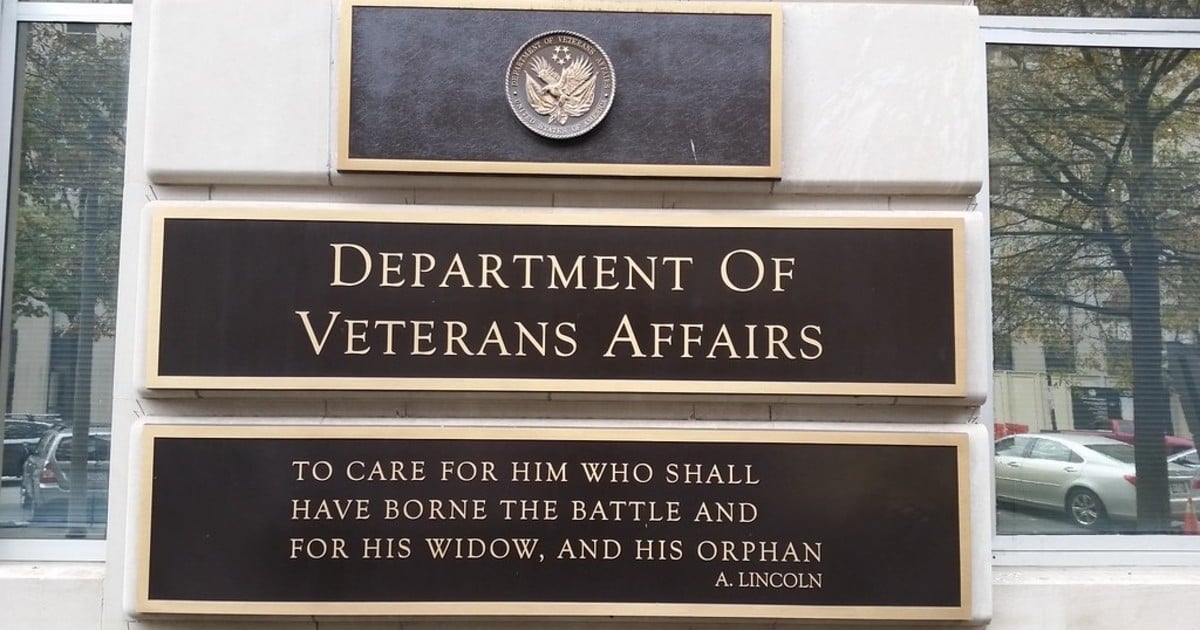WEDI has released a set of industry best practices for electronic payments, offering guidelines for the use of "virtual" credit cards by payers and address the fees providers must pay for Automated Clearing House electronic funds transfers.
After conducting a survey that found 25 percent of providers pay fees for ACH transactions and 40 percent had to accept payments health plan in the form of virtual credit card while also paying associated transaction fees, WEDI convened stakeholders from payers, provider, clearinghouses, banks and the government to work for a set of principles for e-payments.
Officials hope they'll increase use of ACH EFT, while also setting guidelines for the use of alternative payment options like virtual credit cards.
"The government estimates that the savings of using ACH EFT and electronic remittance advice standards and operating rules is as much as $4.5 billion for government and commercial health plans, hospitals, physician practices and others over ten years," said Jay Eisenstock, head of provider solutions for Aetna and co-chair of the WEDI ePayments Taskforce, in a statement. "However, provider adoption has not been as rapid as many had hoped due to reluctance to modify existing workflows or purchase supporting software."
Among the principles in the WEDI guidance document, health plans, clearinghouses and payment-related vendors should complete the ACH EFT enrollment process to facilitate payments within 30 days of receipt of provider enrollment information, and should not delay ongoing payments when a provider elects to begin receiving any form of electronic payment.
Providers also shouldn't be subject to hidden fees. Health plans, clearinghouses and vendors must notify providers regarding their fees associated with this payment method; advise providers to check with any of their contracted vendors regarding any additional administrative fees and notify providers about the availability of an ACH EFT payment option.
Before a providers are paid via an epayment method other than ACH EFT, the health plan, clearinghouse or payment-related vendor should receive explicit opt-in agreement from the provider. Meanwhile, when a health plan or any of their clearinghouses or payment-related vendors offers an ACH EFT payment option, it should offer an ACH EFT option with no origination fees.
Provider groups have applauded the new guidelines. In a statement, MGMA CEO Halee Fischer-Wright supported WEDI's e-payment principles – especially with regard to payers' use of virtual credit cards, which compel physician practices to incur fees and prevent them from automating the reassociation of payments with electronic remittance advice from payers.
"In the absence of clear implementing guidance from the government, some health plans and vendors are making a quick buck off the backs of physicians," said Fischer-Wright. "Industry bad actors are effectively penalizing physicians up to 5 percent by reimbursing them with credit card or EFT payments that charge excessive fees. This prevents medical practices from receiving full payment for the services they provide to patients."
Twitter: @MikeMiliardHITN
Email the writer: mike.miliard@himssmedia.com


